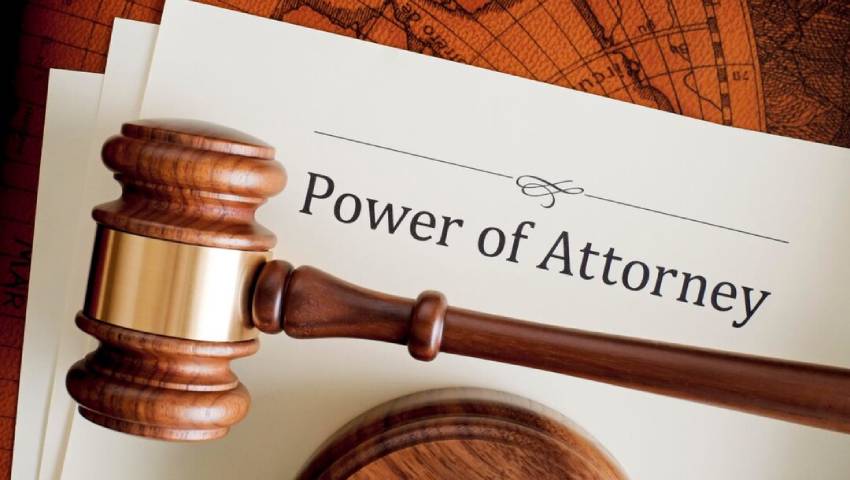
- 26/11/2025
- MyFinanceGyan
- 292 Views
- 3 Likes
- Share Market
Power of Attorney (POA) in a Demat Account – A Complete and Simple Guide
A Demat account stores your shares and securities in digital form, making trading simple and secure. Many brokers ask investors to sign a Power of Attorney (POA) to enable faster share transactions, especially during selling. However, most investors are unsure about what POA really means and whether it is safe to sign. In this guide, My Finance Gyan explains the Power of Attorney (POA) in a Demat account in the simplest way, along with the latest updates and important information every investor should know.
A Demat account holds your shares in electronic form. To make trading easier, brokers often request a document called Power of Attorney (POA). Many investors find POA confusing. This guide explains POA in simple words.
What is a Demat Account?
A Demat account is used to store shares, bonds, and securities digitally.
What is POA?
A Power of Attorney is a legal document that allows someone (usually your broker) to perform certain actions on your behalf, mainly related to share transfers during selling.
Why is POA Needed?
Without POA, you must submit a Delivery Instruction Slip (DIS) for every sale. POA makes the process faster.
Types of POA:
A Demat account holds your shares in electronic form. To make trading easier, brokers often request a document called Power of Attorney (POA). Many investors find POA confusing. This guide explains POA in simple words.
What is a Demat Account?
A Demat account is used to store shares, bonds, and securities digitally.
What is POA?
A Power of Attorney is a legal document that allows someone (usually your broker) to perform certain actions on your behalf, mainly related to share transfers during selling.
Why is POA Needed?
Without POA, you must submit a Delivery Instruction Slip (DIS) for every sale. POA makes the process faster.
Types of POA:
- Limited POA
- General POA
SEBI Rules:
- POA is optional
- Cannot be forced
- Must be limited in use
- Can be revoked anytime
Benefits:
- Fast settlement
- Smooth online trading
Risks:
- Misuse risk if the broker is dishonest
Conclusion:
POA adds convenience but should be understood clearly before signing.
Disclaimer:
This blog is for awareness and education only. It is not legal or financial advice.



